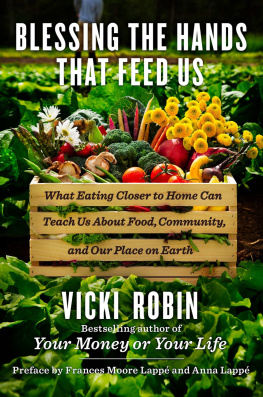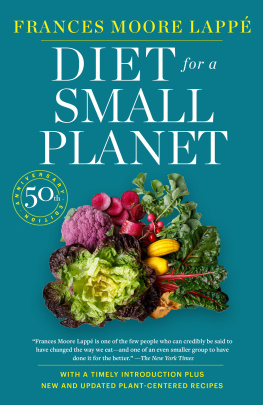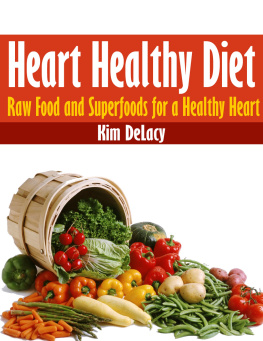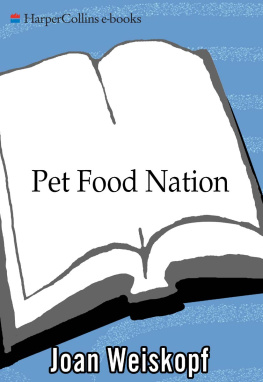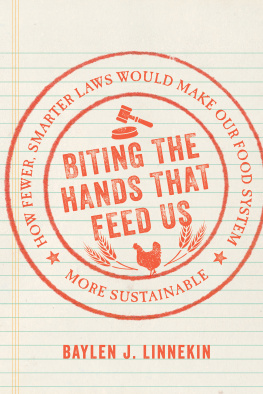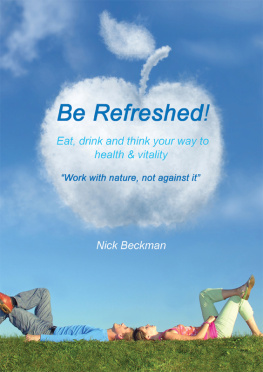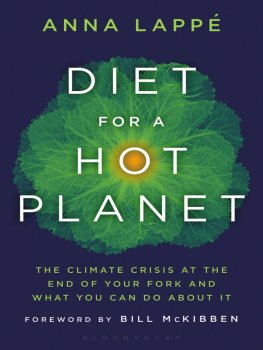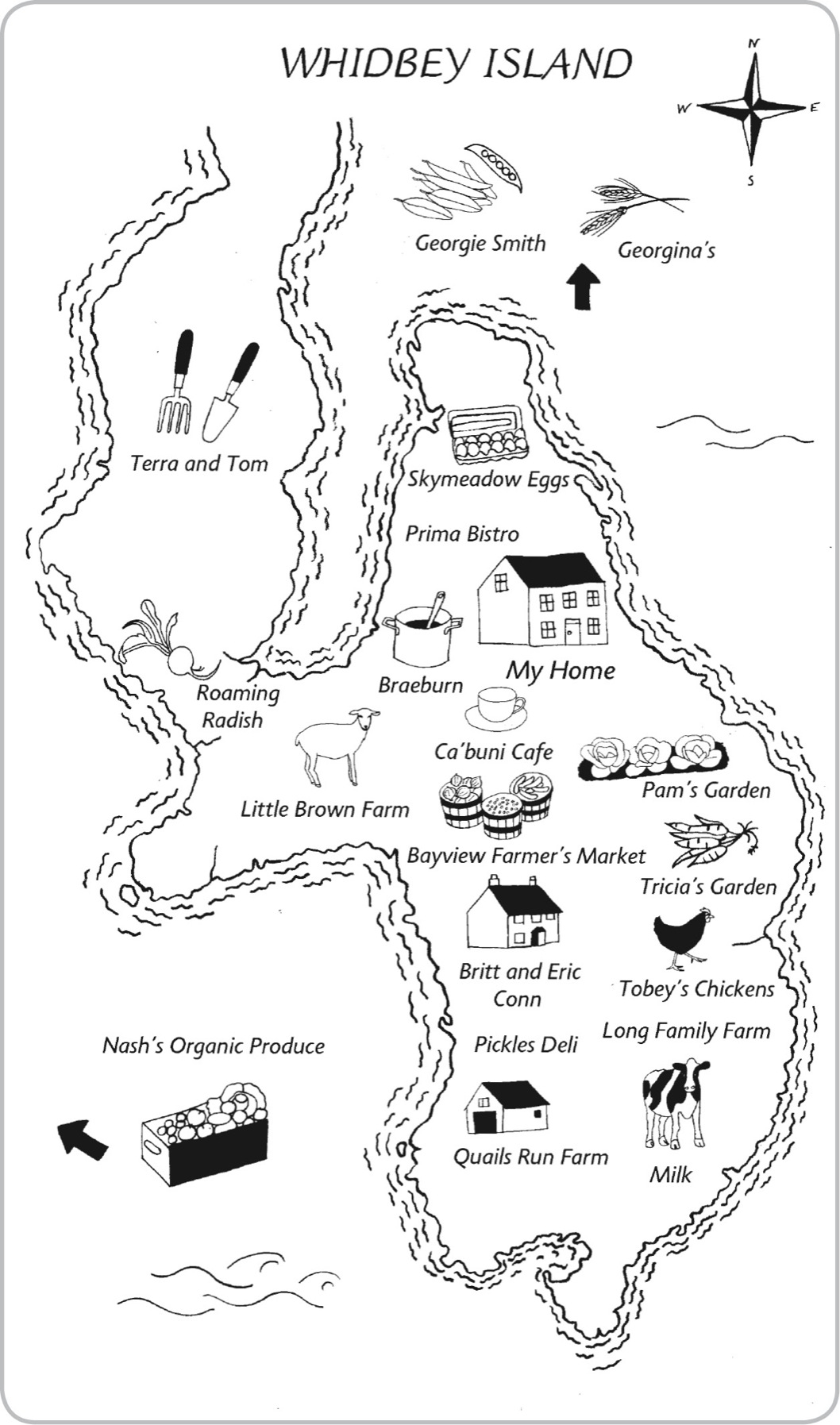ALSO BY VICKI ROBIN
Your Money or Your Life
9 Steps to Transforming Your Relationship with Money and Achieving Financial Independence
Coauthored with Joe Dominguez and Monique Tilford
VIKING
Published by the Penguin Group
Penguin Group (USA) LLC
375 Hudson Street
New York, New York 10014

USA | Canada | UK | Ireland | Australia | New Zealand | India | South Africa | China
penguin.com
A Penguin Random House Company
First published by Viking Penguin, a member of Penguin Group (USA) LLC, 2014
Copyright Vicki Robin, 2014
Penguin supports copyright. Copyright fuels creativity, encourages diverse voices, promotes free speech, and creates a vibrant culture. Thank you for buying an authorized edition of this book and for complying with copyright laws by not reproducing, scanning, or distributing any part of it in any form without permission. You are supporting writers and allowing Penguin to continue to publish books for every reader.
LIBRARY OF CONGRESS CATALOGING-IN-PUBLICATION DATA
Robin, Vicki.
Blessing the hands that feed us : what eating closer to home can teach us about food, community, and our place on earth / Vicki Robin.
p. cm.
Preface by Frances Moore Lapp and Anna Lapp.
Includes bibliographical references and index.
ISBN 978-0-698-15144-4
1. Local foodsWashington (State)Whidbey Island. 2. Community-supported agricultureWashington (State)Whidbey Island. 3. Self-reliant livingWashington (State)Whidbey Island. 4. Whidbey Island (Wash.)Social conditions. I. Lapp, Frances Moore. II. Lapp, Anna, 1973 III. Title.
HD9007.W2R63 2014
363.80979775dc23
2013018397
Frontispiece map illustration by Rosie Scott
Version_1
I dedicate this book to all the children born just about now. May you have green growing things outside your door. May you flourish in a garden world. May you have plenty to eat. May our generations have done something simple and good for you through encouraging sustainable agriculture and thriving local communities.
Contents

Preface
It is from numberless diverse acts of courage and belief that human history is shaped. Each time a man stands up for an ideal, or acts to improve the lot of others, or strikes out against injustice, he sends forth a tiny ripple of hope.
Robert F. Kennedy
V icki Robin takes the world personally and, because of that, passionately engages in questioning assumptions and searching for new ways of seeing the world that suggest new ways of being. And in this way, we see ourselves in her. Being this way in the world isnt always comfortable. It means finding yourself at cross purposes with the powers that be or at odds with received wisdom, but Vickis writing, and this beautiful new book, allows us to experience the joy of a lifelong practice of asking questions.
When I wrote Diet for a Small Planet over forty years ago, I was a kid with a question: Why are people still going hungry? I believed that if I could figure that out, Id have direction. At the time, the Vietnam War raged, the National Guard shot students for protesting, and discrimination was still rampant despite new civil rights laws. I was lost. I desperately wanted to help make things better, but I needed a theory of why, some notion of how we got into this mess, some idea of the root causes.
Then my twentysomething intuition kicked in. I suspected that since food is among our most basic human needs, grasping the whys and hows of hunger might unlock the whole mystery of economics and politics. So I set out on a quest, not to write a book, but to find the truth and share it with friends.
Soon I discovered that more than enough food was then being produced for each of us. And today its even truer, with 2,800 calories produced for every person every yearat least a fifth more food per capita than in the late 60s. We are living in a story of scarcity, but not a reality of scarcity! I believed that once we released ourselves from the false fear of scarcity, we could get down to the real business: remaking the social and economic rules that concentrate wealth and power, making hunger inevitable no matter how much we grow.
Meanwhile, Vicki Robin was questioning another assumption: Does stuff make us happy? With her partner, Joe Dominguez, she scrutinized the link between money and fulfillment in the petri dish of her own life and noticed how unhooking money from happiness revealed the entrapment of too-muchness and the empowerment of enoughness. They understood money as ones life energy and saw how investing life energy in relationships, competencies, community, and spirituality produced real wealth. Eventually they taught their radical approach in Your Money or Your Life.
Needless to say, the ensuing four decades havent seen the remaking of the human story wed imagined. Today the number of hungry people worldwide is almost exactly where it was in the 1960s. And our fear-driven culture prods us to stay within the tribe through common purchases rather than bonding through common purposes.
The interlocking global challenges appear far more complex and contradictory than our younger minds anticipated. And its easy to feel so overwhelmed with fear and loss that one wonders how new ideas and new connections can possibly break through. So as the decades have passed, Ive come to ask myself just one question, How do I keep the channel within me openthe channel of lifes incessant insistence on more life?
Vicki helps me stay focused on that question. She and I actually met face-to-face nearly fifteen years ago at that moment when we were both recognizing the immensity of the challenges and both seeking a deeper understanding of what holds the old systems in placeeven when we can see whats wrong and solutions are everywhere.
Twelve years ago, I joined forces with my daughter, Anna, to pick up the questions raised three decades earlier in Diet for a Small Planetand we join our voices here to share the rest of our story and how it relates to Vickis new book.
We wanted to know: Where in the world could we find communities showing new models for knitting together community, economics, and food systems so all were fed and natures resources were treasured, not plundered. To answer this question, we traveled together to five continents and witnessed how behind the headlines and statistics about hunger and environmental devastation a globally grounded transformation is welling up. It is arising on every continent, from the neighborhood, village, town, city, and even some parliaments and global forums.
Our journey changed us forever.
Aldous Huxley wrote that all that we are and will and do depends, in the last analysis, on what we believe the Nature of Things to be. And we came to see that our collective understanding of the Nature of Things is shifting. We humans are shedding the failed and false view that we are isolated atoms, and with it the depressing idea that were all essentially self-interested and selfish. We saw the evidence in community after community of the profoundly social nature of human beings.

